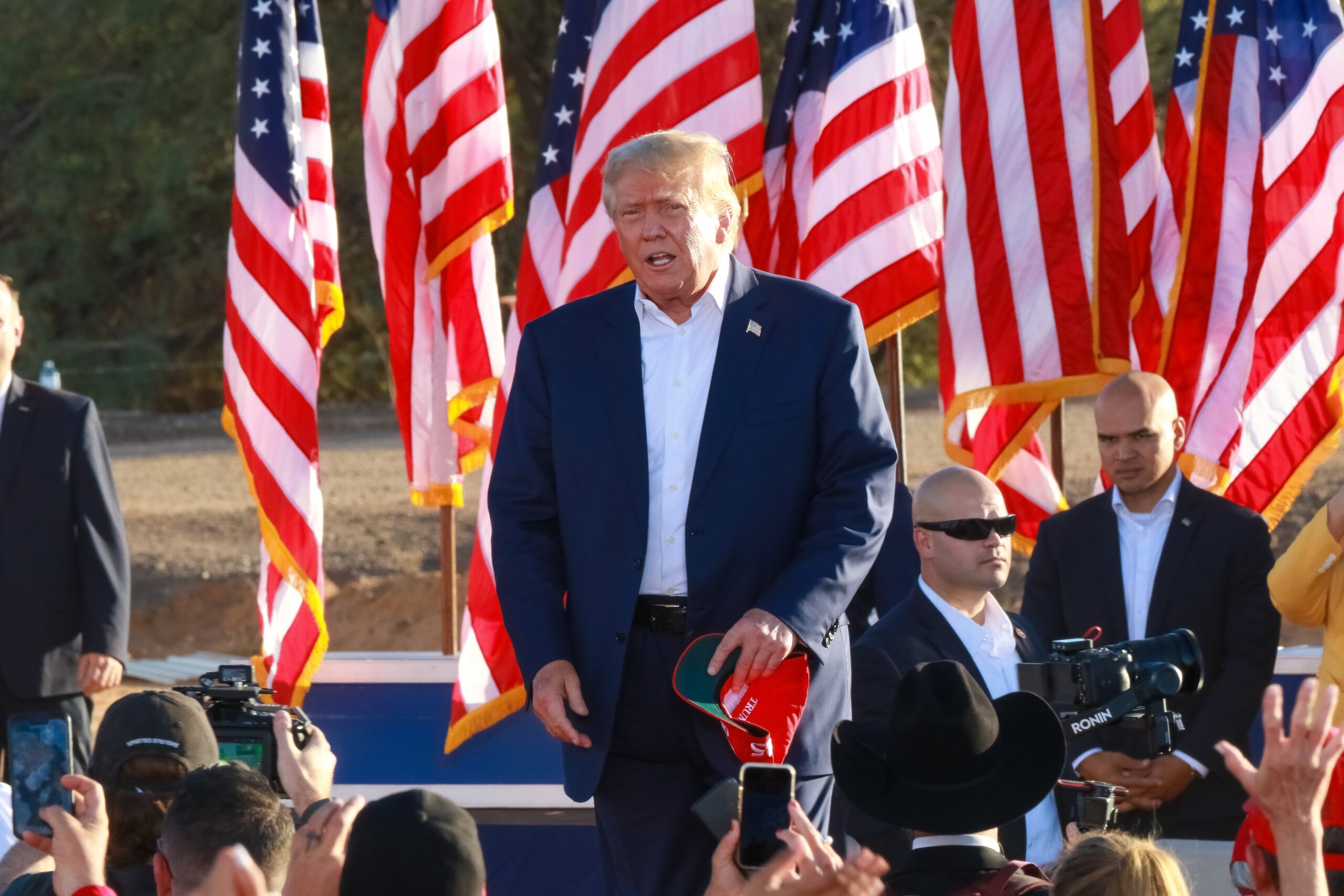Listen To Story Above
A beloved Seattle waffle shop owner recently made the difficult decision to close her establishment, citing the city’s new minimum wage requirement as the final factor. The wage increase, which took effect January 1st, mandates an hourly rate of $20.76.
The establishment, Bebop Waffle Shop, served its final customers on Monday. The owner, who established the business after moving from New York to Seattle over a decade ago, had already been grappling with numerous challenges, including rising food costs due to inflation and decreased customer traffic resulting from remote work trends.
1/2
“Luckenbach, who founded Bebop more than 10 years ago after relocating from New York to the Emerald City, said that her business had already been suffering from high inflation which caused the price of food to spike.
The waffle shop has also been . .https://t.co/CkvtfYva9p— StraightAndNarrow (@justfactsmaam2) January 2, 2025
“This is financially just not going to make sense anymore. Because, just for me, the minimum wage increase would cost me $32,000 more a year,” Luckenbach told Fox 13 TV.
The proprietor, who chose to honor her deceased dachshund in naming the establishment, expressed support for higher worker wages in principle but found the practical implementation unsustainable for her business.
Prior to the new legislation, Seattle’s wage requirements varied based on company size. Large employers with over 500 workers were required to pay $18.69 hourly. Smaller businesses faced different requirements: $18.69 if they didn’t provide substantial medical benefits or if employee tips didn’t reach certain thresholds, or $17.25 if they met specific benefit or tip criteria.
The current legislation sets a universal $20.76 hourly rate, surpassing Washington State’s requirement by $4, and eliminates previous considerations for tips and benefits.
This is what the $20 an hour minimum wage gets you…..a trip to the unemployment office…. pic.twitter.com/gB2pZULi7q
— J Hans (@blackhawkce457) April 24, 2024
The closure carries emotional weight beyond financial considerations. Luckenbach, a member of the LGBTQ+ community, became tearful when discussing the establishment’s role as a community sanctuary. “The stories of like what it meant to people to come in and feel safe and to feel welcomed — I just, I didn’t know,” she said, wiping away tears.
The situation reflects a broader national trend, with minimum wage increases taking effect across twenty-one states and 48 localities during the new year. According to the Economic Policy Institute’s analysis, these changes will boost wages for 9.2 million workers, totaling approximately $5.7 billion in increased earnings.
Meanwhile, the federal minimum wage remains unchanged at $7.25, a rate that hasn’t increased in 15 years.







